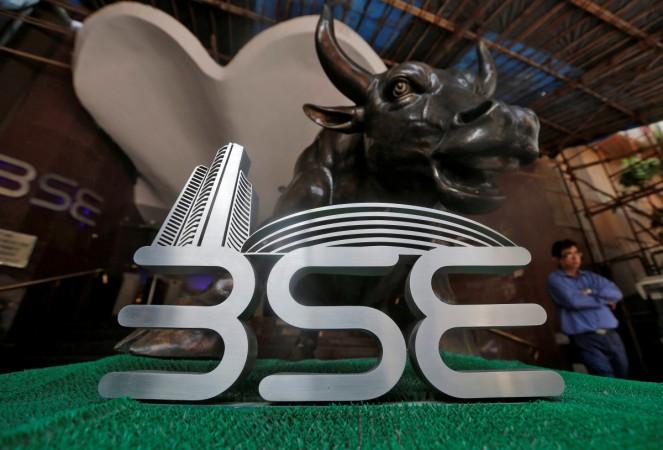
Markets regulator Securities and Exchange Board of India (Sebi) on Monday asked the stock exchanges to take action against the 331 banned shell companies. The move was made after the Ministry of Corporate Affairs named these shell firms on its list, suspecting their involvement in money laundering and tax evasion.
Out of these 331 shell companies, Sebi had already barred 169 companies from trading, and in its latest order, it asked the bourses to effectively freeze trading in the remaining 162.
The sudden ruling by Sebi has taken many of these companies and their investors by surprise. Some of these companies with established business track record have reacted to Sebi's move, stating the suspension came without following a due process of law. They also mentioned that Sebi's decision was detrimental to the interests of their shareholders and investors. These companies have requested the regulator to take them off the list immediately. Some companies have also indicated that they would be seeking legal help on the issue.
Who are shell companies?
These are non-trading entities that are generally used for laundering illegal funds. They are used as a vehicle for various financial manoeuvres: to raise funds before starting operations, to attempt a takeover, while going public, or as a front for an illegal business. These are usually kept dormant for future use in some other capacity.
Trading in all such listed securities shall be placed in Stage VI of the graded surveillance measure (GSM) with immediate effect, as per the Bombay Stock Exchange (BSE) guidelines. If a listed company is already identified at any stage of GSM, it shall also be moved to GSM Stage VI directly.
Under the Stage VI of GSM framework, trading in a shell company shall be permitted only once a month under the trade-to-trade category. Any upward price movement in this security shall not be permitted beyond the last traded price and additional surveillance deposit of 200 percent of trade value shall be collected from the buyers and the same shall be retained with the exchanges for five months.
As per the provisions of the GSM framework, the securities shall not be available for trading from Tuesday onwards. Trading in these securities shall be permitted only once a month (first Monday of the month).
The stock exchanges also have the power to initiate proceedings for compulsory delisting against the company, if upon verification the exchanges don't find appropriate credentials/fundamentals about the existence of the companies. Until the delisting procedure is completed, the company will not be permitted to deal with any security on the exchange platform and its holding in any depository account shall remain frozen.

What next?
The move by Sebi is being seen not only as a cleanup act for tax evasion but also for bringing sensibility to the market and improving investor confidence. It will also stop possible losses in future for the investors.
Reports have it that investors like Rakesh Jhunjhunwala and some of the top mutual funds like DSP Blackrock, HDFC Mutual, Reliance Mutual and UTI Mutual Fund have exposure to these stocks, and so do foreign institutional investors such as Goldman Sachs, Fidelity, Blackrock and Smallcap World.
Most of these 331 companies on Tuesday filed a petition to the stock exchanges for being tagged as 'suspected' shell companies. Some have already submitted their annual reports and other financials to reiterate that they are already in compliance with all regulations.
Some others were contemplating to approach Sebi directly or appeal in the Securities Appellate Tribunal. As per some experts, the appeal can result in overruling of the ban by Sebi.
Critics have expressed their resentment on Sebi's move stating that the regulator should have sent a show-cause notice to these companies before taking the harsh decision. The abrupt suspension of these stocks seems to have affected investor sentiments.








!['Lip lock, pressure, pyaar': Vidya Balan- Pratik Gandhi shine in non-judgmental infidelity romcom Do Aur Do Pyaar [ Review]](https://data1.ibtimes.co.in/en/full/797104/lip-lock-pressure-pyaar-vidya-balan-pratik-gandhi-shine-non-judgmental-infidelity-romcom.jpg?w=220&h=138)






